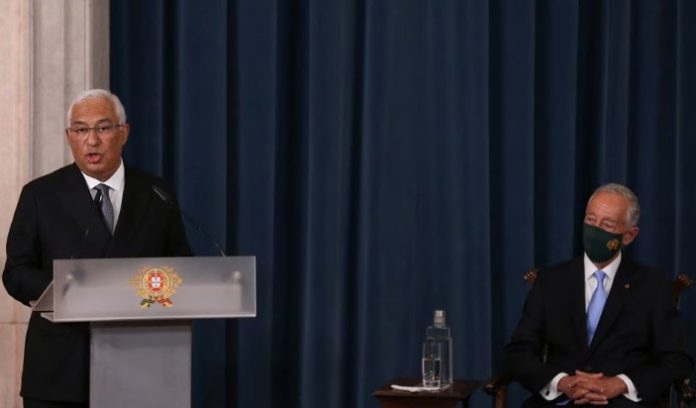Portuguese police searched the official residence of Prime Minister António Costa on Tuesday, POLITICO reports.
The search was conducted as part of a corruption investigation. The prime minister’s chief of staff, Vítor Escária, was detained. The inspections are related to the green hydrogen megaproject in Sines and lithium exploration projects in the north of the country.
Police are currently searching the Prime Minister’s residence and the environment and infrastructure ministries. In addition to Escária, Costa’s personal adviser Diogo Lacerda, one of the prime minister’s closest confidants, and the socialist mayor of Sines, Nuno Mascarenhas, were detained.
Costa’s socialist government has enthusiastically supported numerous lithium mining projects in various parts of Portugal as part of the EU’s wider drive to secure a crucial raw material. However, these projects have been at the centre of controversy due to the poor quality of the elements extracted and the disproportionate environmental damage caused by the operations.
The Prime Minister’s executive has also placed a big bet on the establishment of a clean hydrogen production centre in the port of Sines, a project funded by EU innovation funds.
Portuguese newswire Lusa reported that Costa met with Portuguese President Marcelo Rebelo de Sousa shortly after the raids had begun. That meeting has now concluded, but the press has no information on what was discussed at the meeting. State broadcaster RTP reported that shortly after Costa left the presidential palace, Rebelo de Sousa summoned Portuguese Attorney General Lucilia Gago to his office.
Costa has been Portugal’s prime minister since 2015, when he led a minority government backed by a left-wing coalition. Then he presided over a tourism boom that helped the country’s economy recover from years of financial turmoil.
The prime minister was re-elected in 2019 and most recently in a snap election in 2022, when his Socialist Party unexpectedly won an absolute majority of seats in the Portuguese parliament. Despite the magnitude of the victory, Costa’s last government faced an unrelenting stream of scandals, and in less than two years, more than a dozen members of his executive branch resigned for various reasons.
Portugal’s president has refused to dissolve parliament and call new elections, despite the fact that he openly criticises the scandal-plagued Costa government. He reasons that the move would be disruptive at a time when the country is trying to distribute EU funds for economic recovery.
On Tuesday, immediately after the police raids, the centre-right opposition group Liberal Initiative demanded Costa’s resignation and the dissolution of parliament if the prime minister did not quit on his own.
